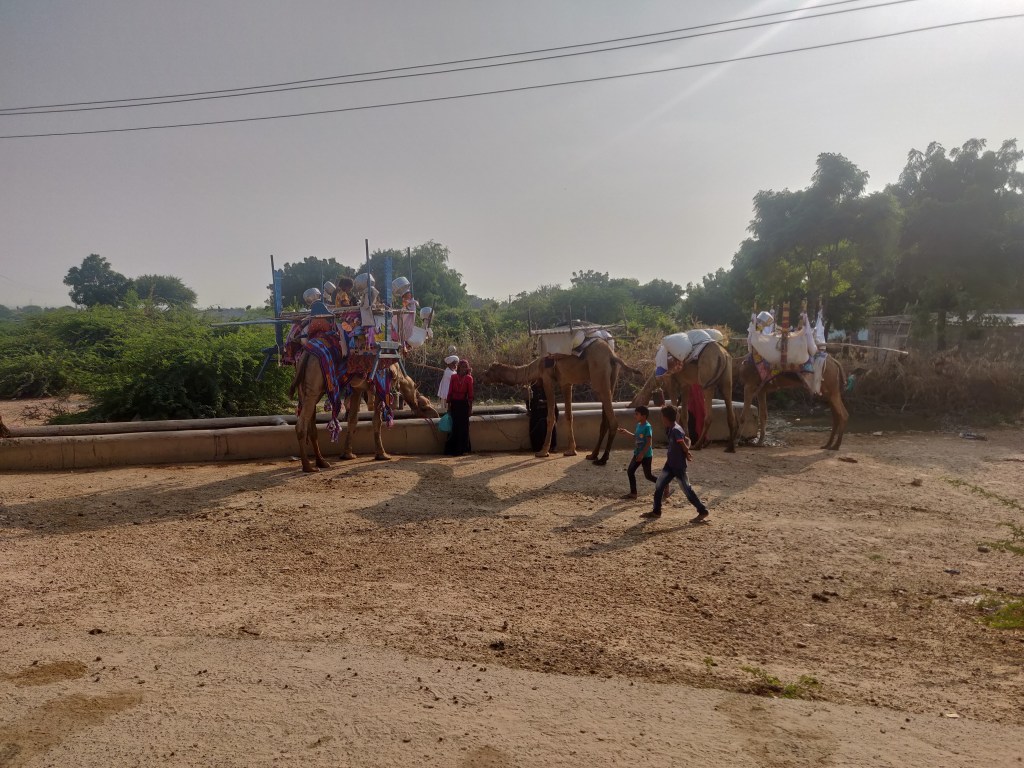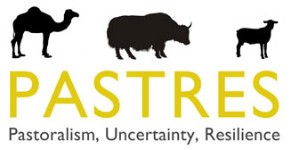
By Natasha Maru, PASTRES PhD candidate
What can we say about pastoralism in the context of climate change? Are there limits or thresholds to the capacity of pastoralists to adapt? How do pastoralists interact with climate change?
In a recent webinar, Ced Hesse (IIED) and I discussed the relationship between climate change and pastoralism. The event was organised as part of a series of ‘Pastoral Dialogues’ by the Centre for Pastoralism, Kalpavriksh and Indian Commoner, organizations working closely on developing knowledge on pastoralism in India.
Drawing on our experiences from Africa and India, Ced and I concluded that an enabling policy environment is key to safeguarding sustainable pastoralism in the face of climate change.
Pastoralists are adept at managing highly variable climatic conditions, a defining feature of many rangelands. To do this, they rely on a host of strategies – including the sharing of resources, mobility, social networks, working with indigenous breeds, and local innovations. These help them not only manage in, but also take advantage of, variable environments.
In recent years, however, weather is becoming increasingly unpredictable and intense. Drought cycles are getting shorter, and there are more frequent extreme weather events, as well as changes in intra-annual seasonality. Thus far, it is difficult to predict exactly how climate change may affect the weather in Africa and India, especially in terms of rainfall, a critical cycle for pastoralism.
Given this change and unpredictability, how far can local mechanisms support pastoralism?
To some, climate change rings the death knell for pastoralism. Some popular narratives talk of climate variability as an obstacle to pastoral productivity.
But pastoralists are way ahead of the curve. There is growing evidence and understanding that pastoralism is a system that, when allowed to function according to its own rationale, has huge capacity to work with the environment. In fact, pastoralists are often able to harness variability in a way that can produce greater returns than if the environment was more stable. Pastoralism is a system that is able to increase production without compromising the natural resource base.

There is much to learn from pastoralists, therefore, about building resilience in the face of climate change.
Policy, however, has yet to catch up with this growing understanding. Debates about resilience, in the international development world, have begun to recognise pastoralism’s suitability to respond to changing circumstances. But policies at the national level continue to remain hostile to pastoralists in many countries, undermining their ability to use their adaptive strategies in the face of climate change.
There is a great need, therefore, to develop pro-pastoralist policies that are tailored to particular contexts; and to allocate resources towards them, and ensure their implementation.
This blog is part of our series on climate change, biodiversity and livestock.

Thank you for your timely piece.
I think you are spot-on about the need for more pro-pastoralist policies on the part of governments.
I also think that researchers need to help governments think through how to better tailor national policies to local contexts and how to modify current better practices that have emerged across a run of similar local contexts there and elsewhere but are inevitably outside national policy statements.
Fortunately, IDS’s work on all manner of participatory development–action, planning, budgeting, consultation, and more–offer both the better practices and the other means to more effectively tailor the national to the local.
LikeLike